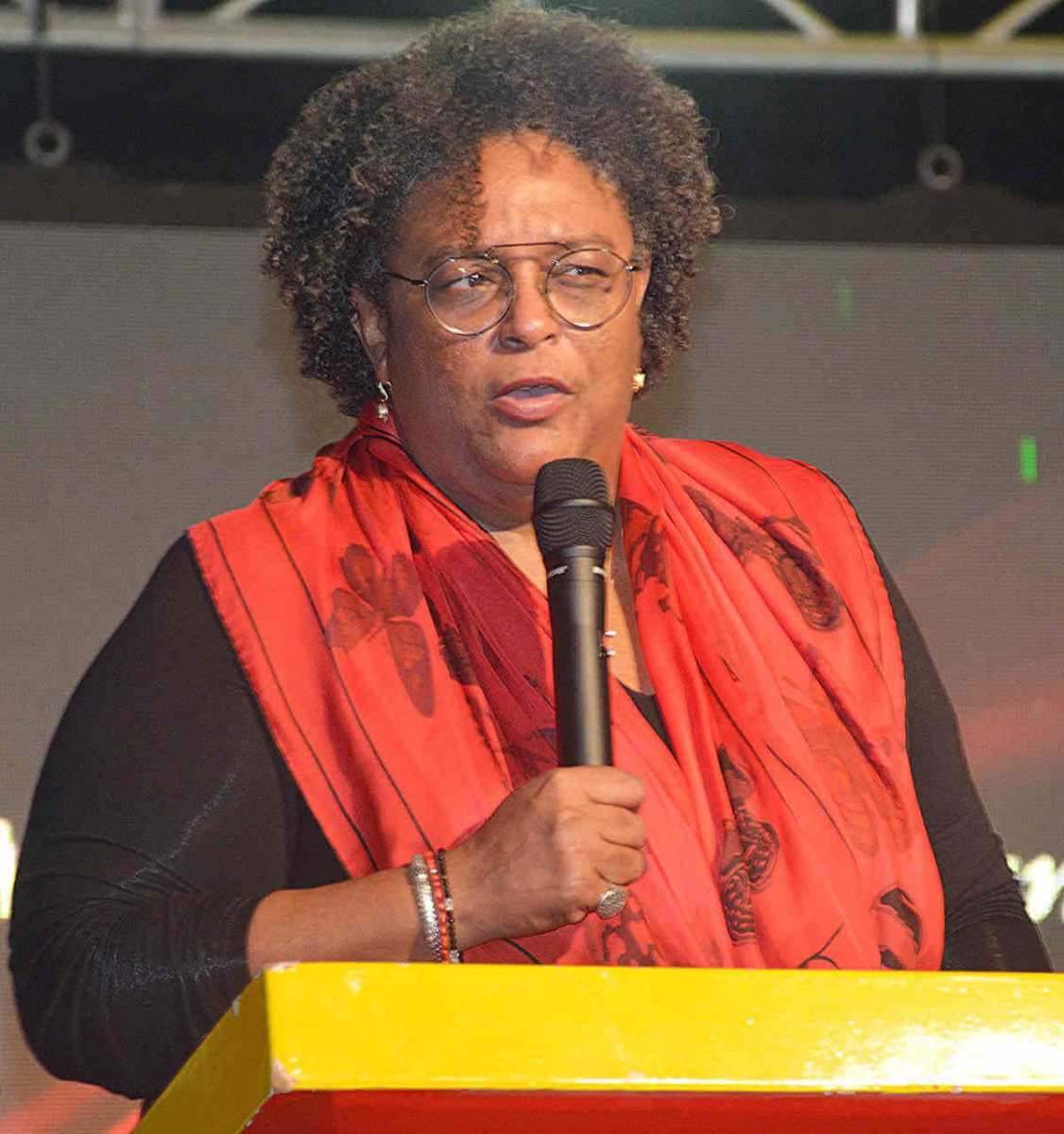The tiny Eastern Caribbean nation of St. Kitts has joined the regional effort to make former rich, slave owning families in the United Kingdom pay for the sins of their ancestors who had profited from the brutal trans Atlantic slave trade and are today enjoying billions in profits from commercial starts in the region without paying a cent for labor.
Taking its cue from Barbados, Grenada and Guyana the federation with Nevis’ National Reparations Commission is stepping up its militancy to directly engage British families who had owned slaves on the island, had made billions from their endeavors and had even been compensated by British authorities for losing their ‘property’ after slavery had been abolished in the early 1800s.
In the sights of the increasingly militant local committee is the Greene King family in England which boasts on its web page that it is the United Kingdom’s leading pub retailer and brewer with more than 1,600 pubs, restaurants and hotels across England, Wales and Scotland.
Formal contact has already been established and the committee does not appear to be discouraged by the current level of engagement as the firm has recently apologized for its role in the past. It has also promised compensation though no figure nor details of the plan have been released.
In making its move, St. Kitts now joins fellow Eastern Caribbean countries Grenada and Barbados and Guyana to the south in moving to specifically engage major British players who had profited from slavery and now have enormous business enterprises today to bring them to the negotiating table.
The British Telegraph recently ran a detailed piece on the move by Kittian authorities tracing the role and history of Greene King from its origins in 1823 through “very profitable” sugar plantations. Benjamin Greene, the original owner/founder enjoyed the profits later transferring ownership to his children who grew the company to what it is today.
Carla Astaphan who chairs the Kittian reparations body said in a recent essay that Greene was a big supporter of slavery because it had brought him so much riches. “He moved to London in 1837 amid controversy over abolition of enslaved Africans. He was an avid supporter of chattel slavery and was against its abolition,” said Astaphan. “When Britain’s parliament passed the act to abolish chattel slavery in August 1833 to be effected Aug. 1, 1834, Benjamin Greene would be awarded payment for six enslaved persons on the island of Montserrat. On St. Kitts, there were two estates. The compensation was paid for 156 enslaved Africans on Phillips Estate and 69 on Con Phipps Estate in St. Thomas Parish.” Annual revenues for the Greene King company is reported to be around Sterling two billion.
The latest move by St. Kitts represents a change in tactics by the 15-nation CARICOM bloc of nations and they are now pivoting to directly engage families while governments focus more on pushing European governments into formally commencing discussions about slavery. The Dutch have already formally apologized and have said they are ready to talk, while fierce resistance has come from France and Portugal.
Grenada has already engaged the Trevelyan family in the UK, Guyana is in talks with the Gladstone family of England and Scotland. The Gladstones apologized in Guyana last year and have said they are ready to discuss compensation in various forms. Barbados on the other hand say they are receiving fierce negative feedback from the Drax family represented by current Conservative lawmaker Richard Drax.
Drax has held private talks with Prime Minister Mia Mottley but has publicly taken the stance that today’s generation should not be blamed for the sins of his ancestors. Governments have already said they would take the issue to court if talks and other options fail. In fact, they have already retained a British firm which had won compensation for Kenyan tribesmen slaughtered by British soldiers during the colonial era to retain them.
The St. Kitts committee, meanwhile, say that CEO of Greene King Assad Malic had mailed them to indicate that the company is acting to today’s changed world by supporting diversity and contributing to ethnic causes.
“In 1836, Benjamin Greene passed the control of the brewery in Bury St. Edmunds to another of his sons, Edward, who was not involved in plantations at St. Kitts. While the company still bears the name Greene King, none of the descendants are now involved in the management of the company. The actions of Benjamin Greene are part of our company’s history that we cannot change, but we have been focused on what we can do in the present and the future by making substantial financial investments to support race diversity in our business and we aspire to be an inclusive employer and a truly anti-racist organization. This is not satisfactory. The St. Kitts and Nevis National Reparations Committee is of the view that Greene King is not absolved from reparatory justice to St. Kitts and Nevis and Montserrat. We have responded to the company and outlined our position; we will continue to press the case.

























